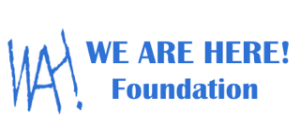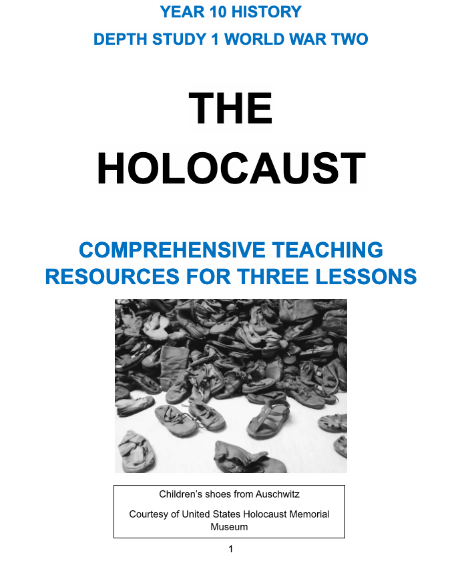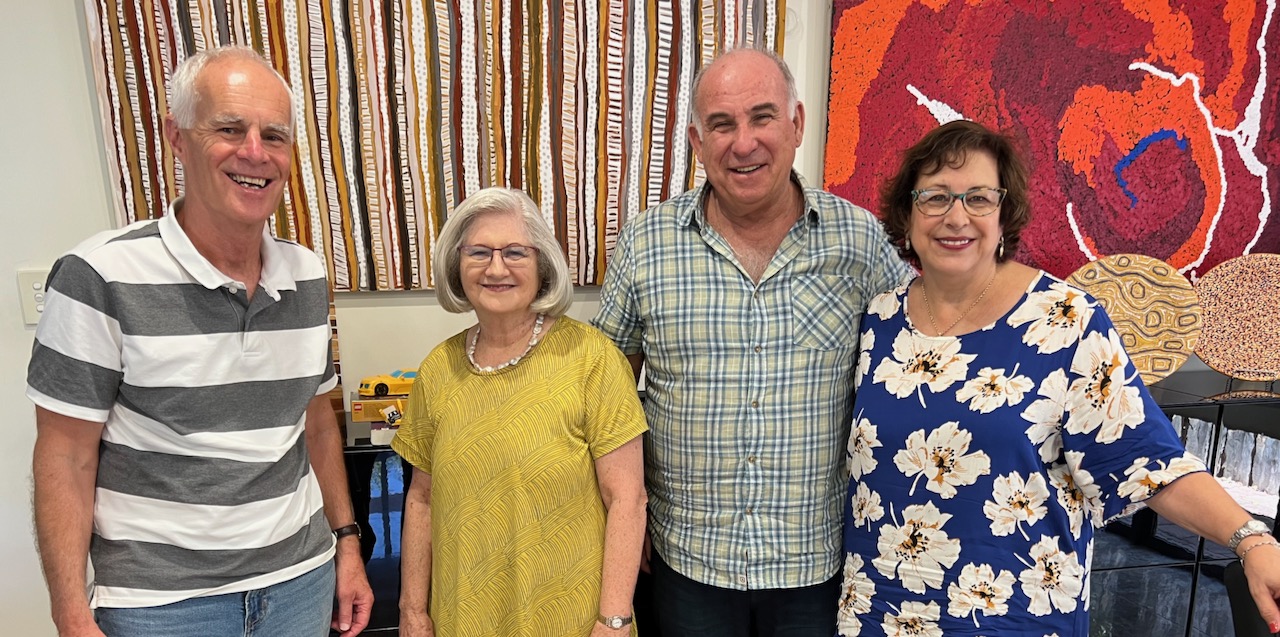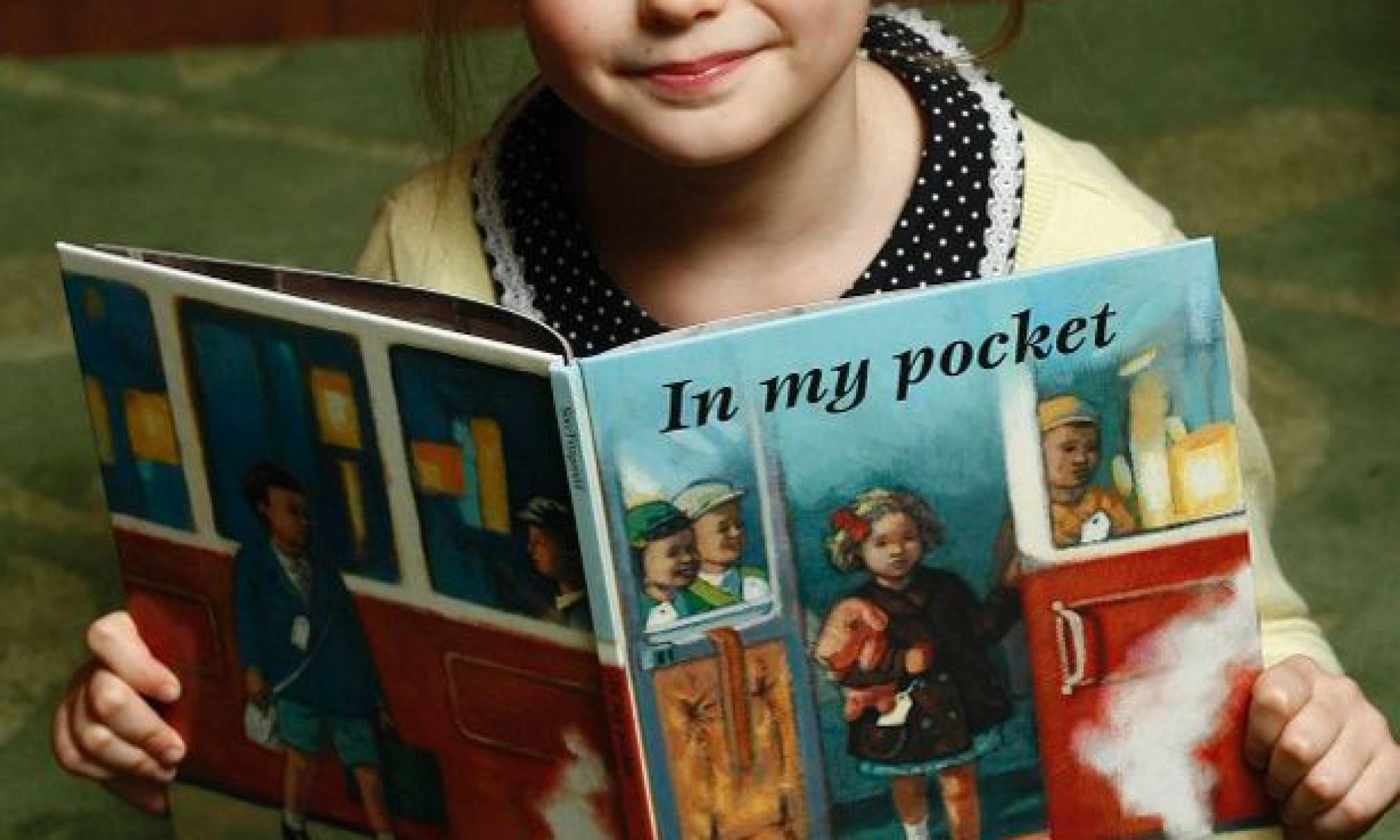
1 . IN MY POCKET Project
Dorrith Sim’s autobiographical story and our unique creative art project, suitable for 8 to 12 year old upper primary school children, was successfully launched around Australia in March 2023.
Participants will watch a video and read Dorith Sim’s uplifting true story about her escape, all alone in 1939 from Germany, on the Kindertransport.
The project speaks to the current situation of refugees and displaced children around the world. This true story provides a springboard to the solemn topic of the Holocaust, usually studied in high school.
We provide detailed guidelines and resources on all aspects of the In My Pocket project, including suggested questions, and a video of the pocket making activity, and art workshop.
Free mini pocket books are funded by the German Embassy in Canberra, and the Eric Samson Fund in South Africa.
Video
2 . Holocaust Teachers’ Resources & Year 10 Holocaust History Curriculum Resources
by Dr Bill Allen, retired Senior Lecturer in Education

Dr Bill Allen’s new and comprehensive resources are for Year 10 teachers to use to teach the Holocaust component of the in-depth study of World War 2.
Divided into two sets, the first resourse is textual, with lesson outlines, readings, discussion templates, lists of videos and activities. The second is a PowerPoint that accompanies and supports the textual resources.
These online resources are free.
Principal – Lakeland Senior High School
3 . The Holocaust Handbook:
The Holocaust and the Australian Aboriginal Response written by author Barbara Miller, in collaboration with the WE ARE HERE! Foundation.
This detailed online resource focuses on Australia’s response to the events leading up to and during the Holocaust, and in particular the specific response of Aboriginal political and social activist William Cooper and fellow members of the Australian Aboriginal League (AAL).
Success is not always achieved overnight. William Cooper marched to the Consulate of Germany in Melbourne on 6 December 1938 to present his petition in support of Germany’s Jews. His petition was not accepted. This deed was only fully recognised by the German government in 2017.
The handbook also covers the current worldwide definition of antisemitism and what can be done to stand up to it.
This is a resource for educators and teachers and for upper secondary students and adult education programs in Australia and internationally.
“Some say that William Cooper only performed one act of solidarity in protesting the Germans’ cruel treatment of the Jews. However, I sense that he has become more than a Christian Aboriginal Upstander. He has become a symbol of the bond between Jews and Aborigines which was formed through his protest and which has deepened with the commemoration of his actions.” Barbara Miller, biographer.
4 . TIES THAT BIND – Lesson Plan:

Film – Ties that Bind
with Uncle Boydie Turner and Morris Fiszman z”l
Directed by Viv Parry and produced by Justin Olstein
Copyright Viv Parry 2017
Lesson Plan by Nance Morris Adler
Learning Goals
1. Students will be able to see the variety of ways that one can help an individual who is being oppressed.
2. Students will recognize the difference one person can make in the life of another.
3. Students will add to their understanding of what it takes to be an Upstander.

Dr Bill Allen, Professor Lynne Cohen, Eli and Jill Rabinowitz



